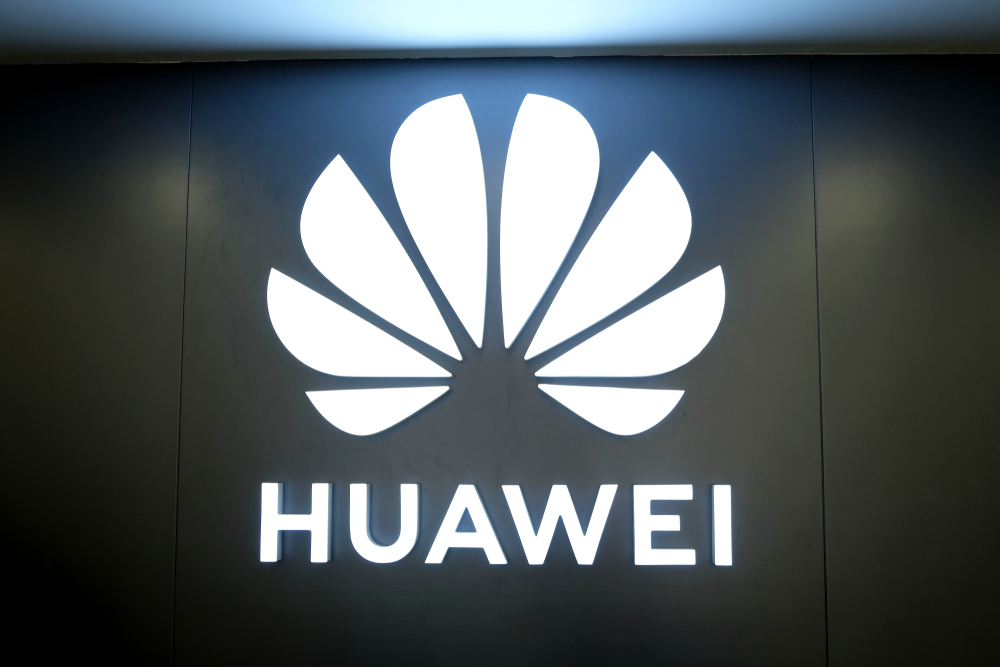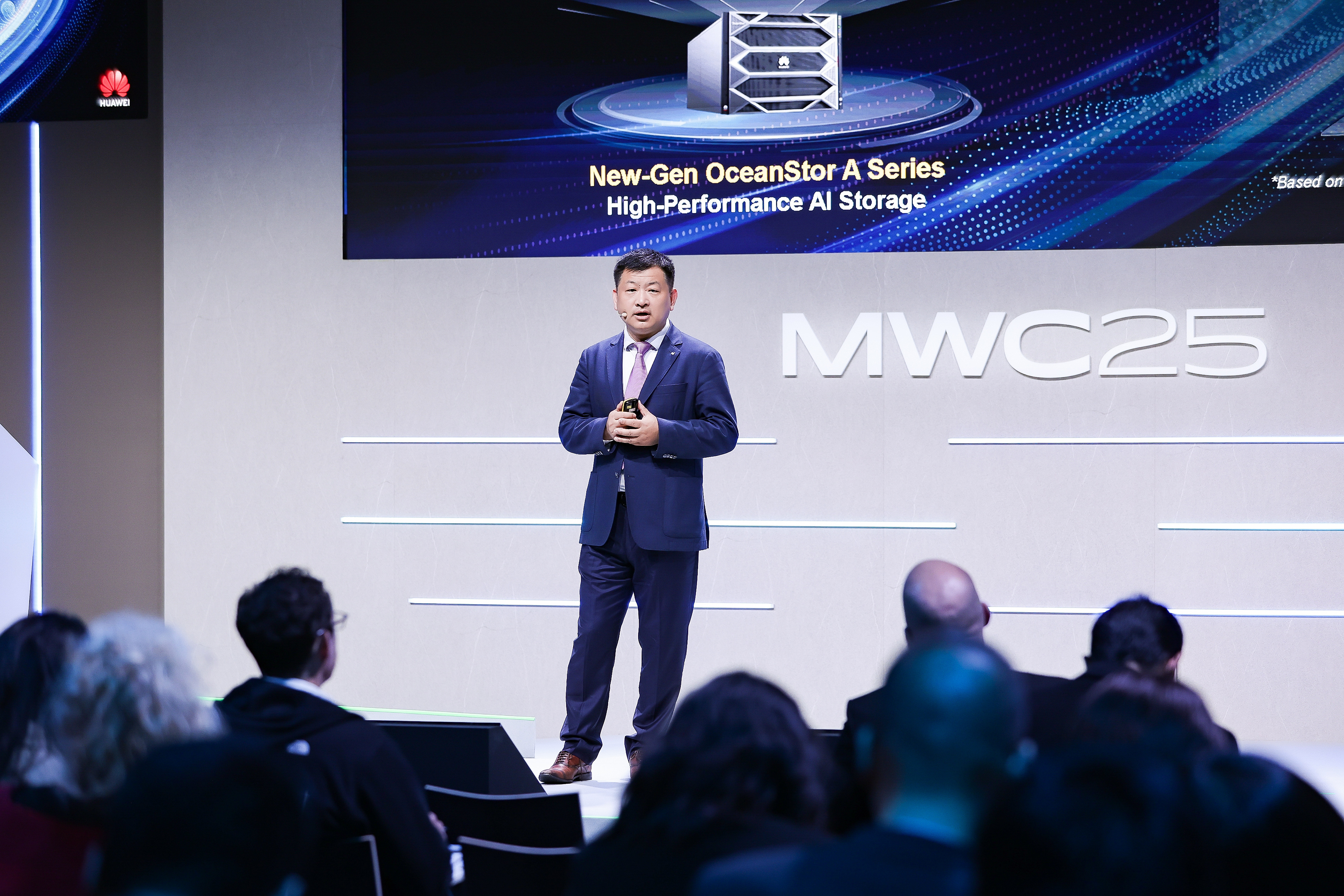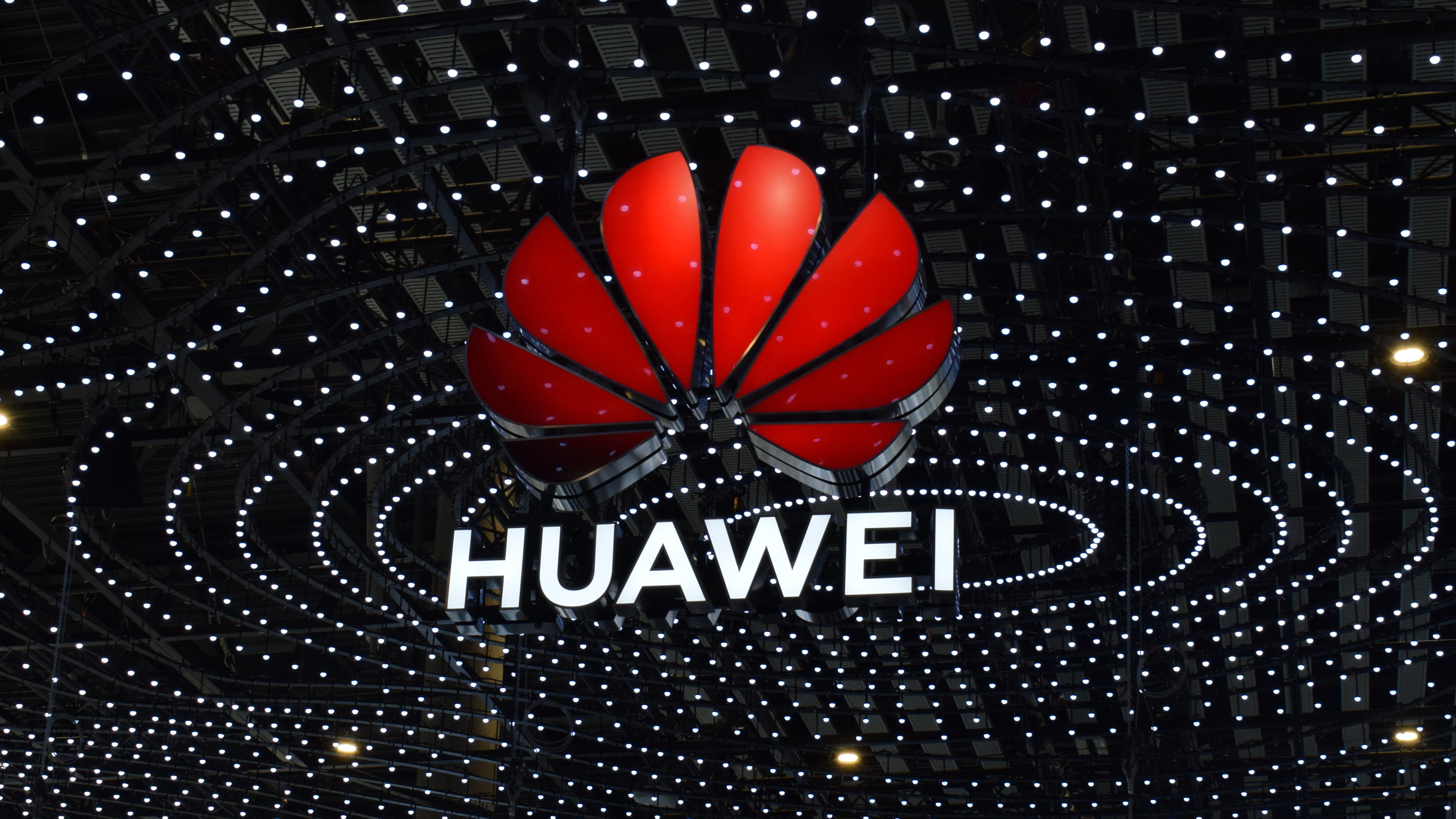Trump's election defeat isn't going to get Huawei back in the UK
The UK's decision to drop the Chinese firm from 5G networks was largely based on its competence


The UK's government has u-turned on so many things in 2020 that it's hard to know which decisions -if any - it will actually stick to. It almost resembles a Lazy Susan, slowly changing firm rebuffs into pitiful acceptances within a month or so. And, like lockdowns, furloughs and feeding poor children, Huawei seems to sense its own reprieve coming around.
Clearly emboldened by the electoral defeat of Donald Trump, the embattled Chinese firm wants the UK's government to reverse its decision to remove all of its equipment from the country's 5G networks by 2023.
"The decision was a political one motivated by US perceptions of Huawei and not those of the UK," Huawei's vice-president Victor Zhang told The Guardian. "This is not really motivated by security, but about a trade war between the US and China."
These so-called 'Trumped-up' accusations may have had some influence on our indecisive Prime Minister, Boris Johnson. The swell of Tory rebels who called for the Chinese firm to be ditched may also have impacted the decision. However, Huawei's call assumes that the UK's decision was based solely on those concerns.
The Huawei Cyber Security Evaluation Centre (HCSEC) found that the Chinese firm failed to comply with "its own secure coding guidelines" during an incident which likely led to a vulnerability "of national significance". That's from a centre owned by Huawei but which is directed by the UK's National Cyber Security Centre (NCSC). It didn't find state-sponsored surveillance, it found "sustained evidence of poor coding practices" - essentially, incompetence.
It's not exactly evidence of Ren Zhengfei in cahoots with the People's Republic of China. They haven't been caught embedding backdoors into the UK's 5G networks. They've simply been found wanting from a security perspective. So, by all means, the government can revisit the decision, but this isn't about Donald Trump and his mad ideas: it's about reassurance that Huawei is up to the job.
There are also pretty strong arguments for not reversing the decision. While it might cost the government in the short term, removing the biggest provider does open up the space for smaller businesses and greater competition, and it also gives a chance to more local startups. Until the ban, Huawei was potentially on course to be for 5G what Google is to search.
Get the ITPro daily newsletter
Sign up today and you will receive a free copy of our Future Focus 2025 report - the leading guidance on AI, cybersecurity and other IT challenges as per 700+ senior executives
The damage caused by having a giant provider squashing competition should be especially obvious to Huawei. The company's smartphone sales have gone south, partly thanks to the fact that it can't use Google Play services, and there aren't that many viable alternatives to the Android mobile operating system.
I've previously argued for the US trade sanctions to be lifted, because it ruined the otherwise-excellent P40 and Mate 40 smartphones without addressing the problem of national cyber security. However, I can't say the same for the UK's ban. Unlike Trump's trade sanctions, I don't think Boris' Huawei blockade should be reversed, because it might actually end up being one of the few decisions that he actually got right.
Bobby Hellard is ITPro's Reviews Editor and has worked on CloudPro and ChannelPro since 2018. In his time at ITPro, Bobby has covered stories for all the major technology companies, such as Apple, Microsoft, Amazon and Facebook, and regularly attends industry-leading events such as AWS Re:Invent and Google Cloud Next.
Bobby mainly covers hardware reviews, but you will also recognize him as the face of many of our video reviews of laptops and smartphones.
-
 Bigger salaries, more burnout: Is the CISO role in crisis?
Bigger salaries, more burnout: Is the CISO role in crisis?In-depth CISOs are more stressed than ever before – but why is this and what can be done?
By Kate O'Flaherty Published
-
 Cheap cyber crime kits can be bought on the dark web for less than $25
Cheap cyber crime kits can be bought on the dark web for less than $25News Research from NordVPN shows phishing kits are now widely available on the dark web and via messaging apps like Telegram, and are often selling for less than $25.
By Emma Woollacott Published
-
 Starmer bets big on AI to unlock public sector savings
Starmer bets big on AI to unlock public sector savingsNews AI adoption could be a major boon for the UK and save taxpayers billions, according to prime minister Keir Starmer.
By George Fitzmaurice Published
-
 Huawei’s Peter Zhou on the future of data storage to accelerate business digital transformation
Huawei’s Peter Zhou on the future of data storage to accelerate business digital transformationSponsored Content Storage in the era of AI will create new challenges for cold and warm data
By ITPro Published
-
 UK government targets ‘startup’ mindset in AI funding overhaul
UK government targets ‘startup’ mindset in AI funding overhaulNews Public sector AI funding will be overhauled in the UK in a bid to simplify processes and push more projects into development.
By George Fitzmaurice Published
-
 Doing business under US sanctions: a Huawei success story
Doing business under US sanctions: a Huawei success storyAnalysis Doubling down on R&D, diversifying its business, and seeking out ripe new markets – the resurgence of Huawei carries lessons for all businesses
By Bobby Hellard Published
-
 UK government signs up Anthropic to improve public services
UK government signs up Anthropic to improve public servicesNews The UK government has signed a memorandum of understanding with Anthropic to explore how the company's Claude AI assistant could be used to improve access to public services.
By Emma Woollacott Published
-
 US government urged to overhaul outdated technology
US government urged to overhaul outdated technologyNews A review from the US Government Accountability Office (GAO) has found legacy technology and outdated IT systems are negatively impacting efficiency.
By George Fitzmaurice Published
-
 Government urged to improve tech procurement practices
Government urged to improve tech procurement practicesNews The National Audit Office highlighted wasted money and a lack of progress on major digital transformation programmes
By Emma Woollacott Published
-
 Huawei empowers SMEs through digital and intelligent transformation
Huawei empowers SMEs through digital and intelligent transformationSponsored Content Huawei launches new solutions and strengthens partnerships to drive digital transformation for SMEs, aiming to empower small businesses in the intelligent era
By ITPro Published